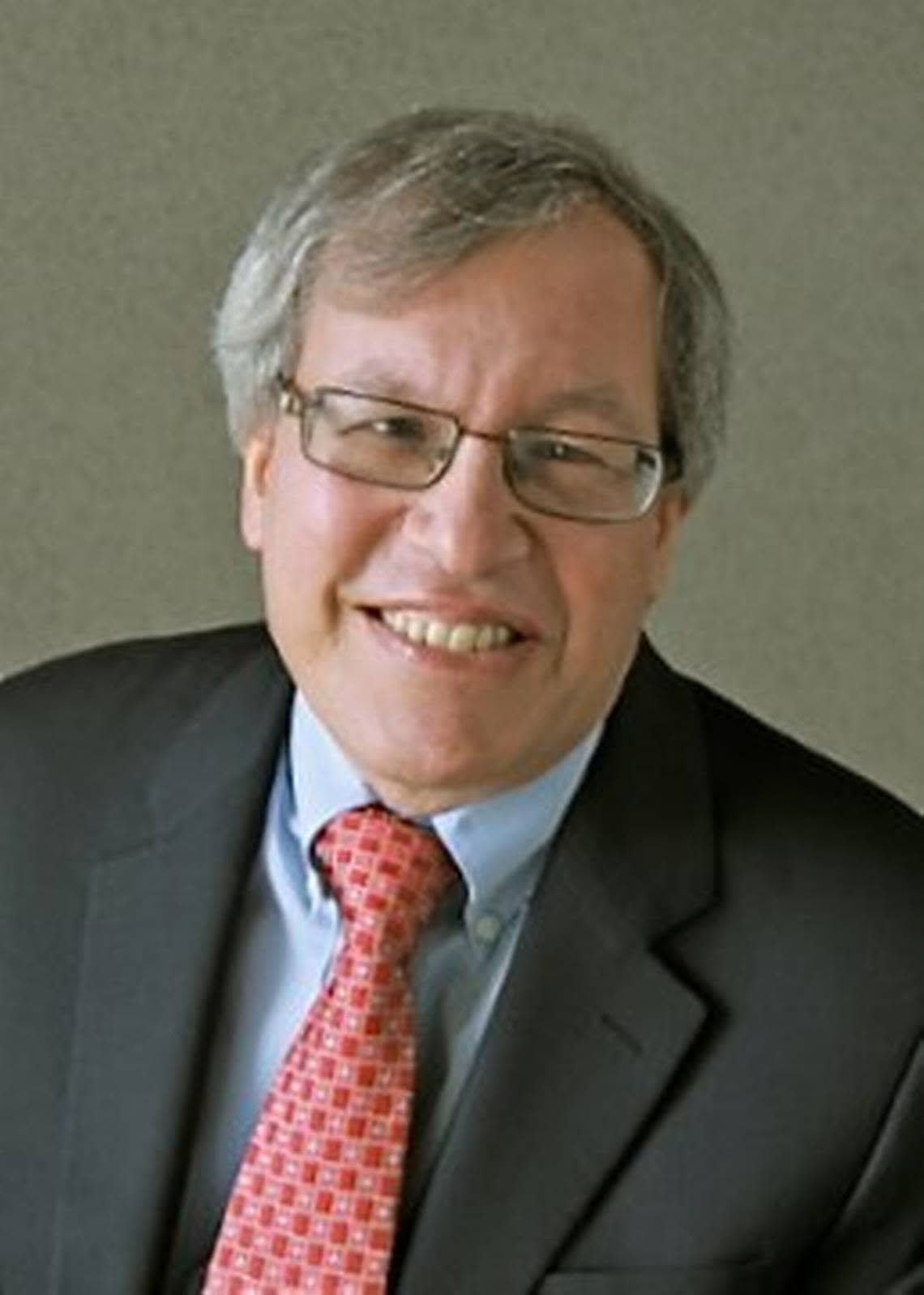The Supreme Court is making historic changes in Constitutional law. It’s just the beginning
The just completed Supreme Court term was one of unprecedented judicial activism that dramatically changed constitutional law in a conservative direction. This was not about the justices following a judicial methodology, legal principles or precedents. This was a conservative majority making the Republican platform constitutional law.
Opinion
For decades, conservatives railed against liberal judicial activism. Ironically, this conservative court has been stunning in its activism.
Although the court justified overruling Roe v. Wade based on a desire to leave the issue of abortion to the political process, there was no such deference when the court invalidated a Maine law limiting aid to parochial schools; when it struck down a century old New York law that restricted concealed weapons in public; when it ruled against a school system that wanted to limit prayer by a football coach at a school event; or when it invalidated a greenhouse gas emissions regulation from the Environmental Protection Agency.
Precedent matters little to the Roberts Court.
The court’s decision that overruled Roe v. Wade is one of the few instances in American history where the Supreme Court took away a constitutional right. And in ruling in favor of the right of a football coach to pray on the field, the court overruled a 1971 decision that implemented the separation of church and state. As a result, it called into question decades of precedent limiting prayer in public schools.
The court repeatedly ruled broadly when a narrower decision was possible. As Chief Justice John Roberts urged, the court could have upheld the Mississippi law prohibiting abortions after the fifteenth week of pregnancy without overruling Roe. The court could have also struck down the New York concealed carry law without adopting an approach to the Second Amendment that provides it more protection than any other Constitutional right.
The justices are not following an originalist methodology — after all, none other than Thomas Jefferson and James Madison vehemently objected to taxing some to support the religion of others. It was Jefferson who spoke of the need to separate church and state, something the Supreme Court demolished this term.
To understand the court’s decisions this year, it’s important to look not at the Republican platform. Key tenets of conservative political ideology are opposing abortion rights, expanding gun rights, favoring government aid to religious schools, and allowing prayer in schools. The conservatives on the court turned their ideological beliefs into constitutional doctrine.
In all of American history, there has rarely been such a transformation in constitutional law. The last time, in 1937, was when the Supreme Court overruled 40 years of decisions that limited the ability of the government to adopt progressive laws protecting workers and consumers. The difference, however, is that those decisions were enormously popular as they allowed the government to respond to the depression and implement the New Deal. By contrast, opinion polls indicate that over 60% of Americans disagree with the court’s decision overruling Roe v. Wade.
A recent Gallup poll, published before the abortion decision, revealed that only 25% of Americans expressed confidence in the Supreme Court. What will the effects be on the court’s legitimacy?
This is not the culmination of conservative judicial activism, this is a court that is just getting started. Case in point: Next term the court is expected to end affirmative action. In a concurring opinion in Dobbs, Justice Clarence Thomas urged the overruling of decisions that protected constitutional rights to purchase and use contraceptives, to engage in private consensual same-sex sexual activity, and to have same-sex marriages.
Perhaps all of this was predictable when the Republicans blocked Merrick Garland’s confirmation and when Donald Trump appointed three justices. But to see it happen, with no pretense of judicial humility or restraint, is shocking.
Erwin Chemerinsky is dean and professor of law at the UC Berkeley School of Law.

